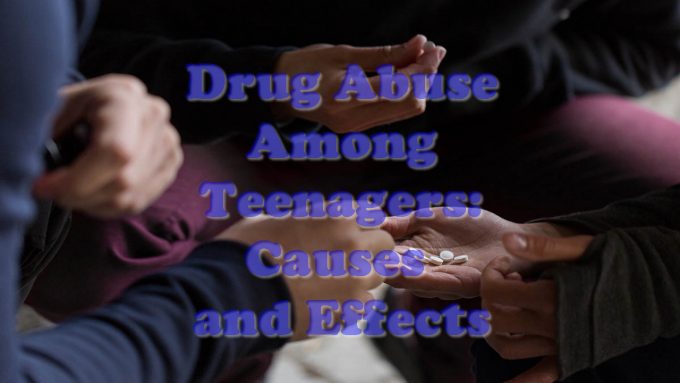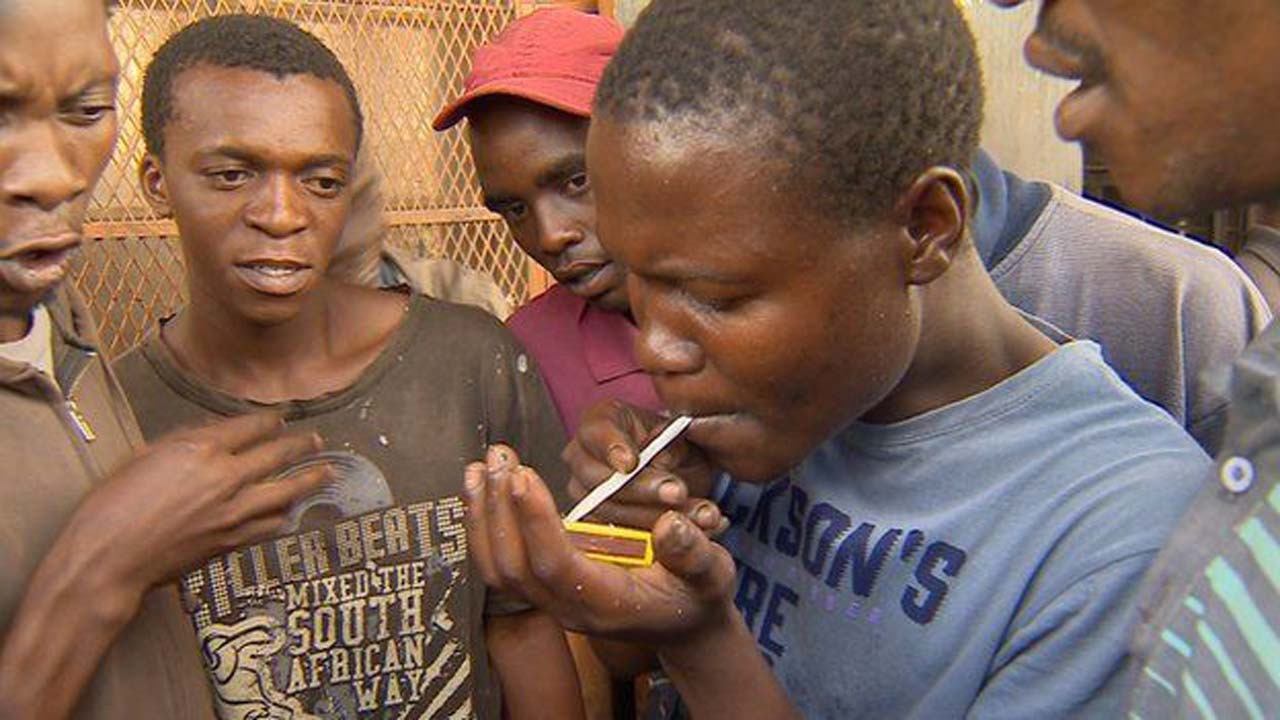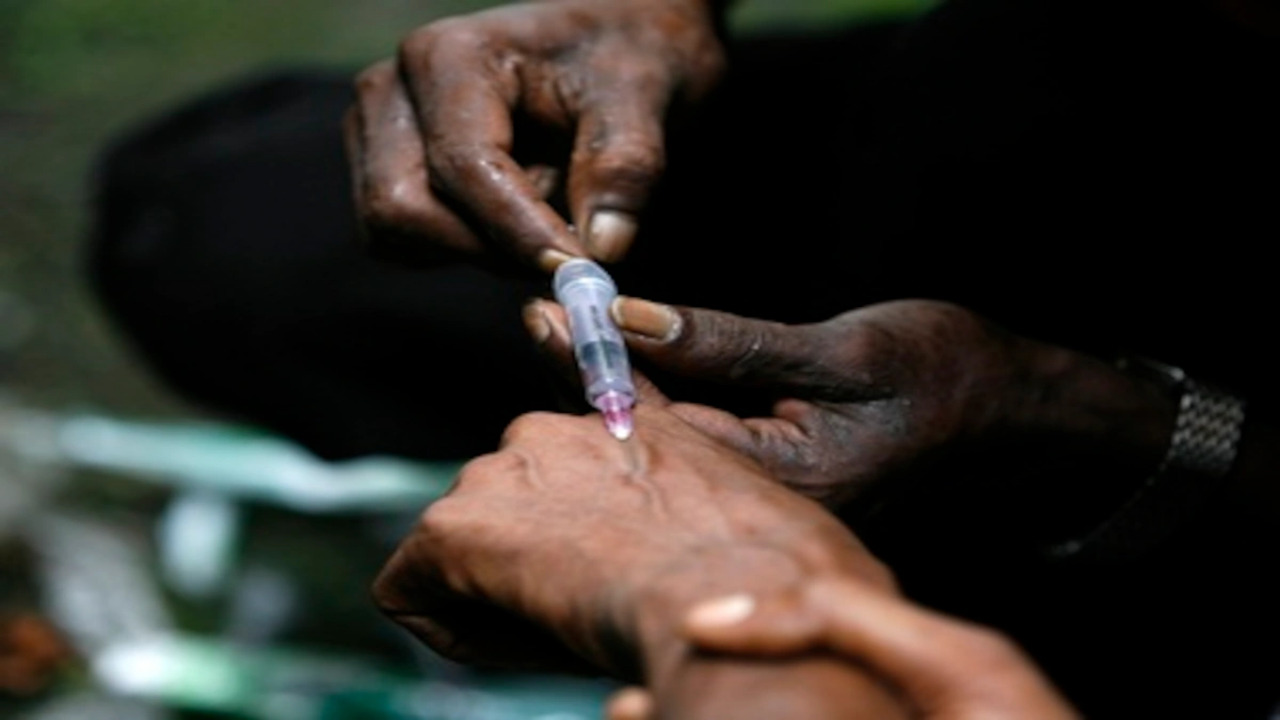
There are unquestionably specific fundamental influences and problems that contribute to the problem of drug usage among young people. As a parent, you need to understand these causes and have a conversation with your children about the negative legal, physical, and mental implications of engaging in drug use. This blog post sheds light on the causes of drug addiction in young people and the effects of drug misuse among teenagers.
Teenagers can get the needed help to eliminate drug addiction in their life at United Recovery Project; check the link here.
Causes of Drug Abuse Among Teenagers

Drug abuse and addiction among adolescents may have multiple causes. It’s common for people to try drugs and alcohol for the first time at parties where they’re readily available. Those who continue to use may be doing so out of a need to alleviate feelings of inadequacy or gain approval from their peers. Adolescents’ sense of invincibility and lack of maturity can cause them to take drug risks they later regret.
Effects Of Drug Abuse Among Teenagers

Adolescent drug usage is hazardous because of the developing body and immune system. Young people who try drugs are more likely to develop an addiction and suffer from long-term, irreversible brain damage. Teen drug misuse often has these other typical harmful effects.
Emotional problems
Anxiety, despair, irritability, suicidal ideation, and even schizophrenia are some mental health issues that drug usage can exacerbate or hide. In fact, 34.6% of young people who suffer from severe depression also report using illicit drugs. Unfortunately, substance abuse can exacerbate these mental health issues. For instance, the risk of despair and anxiety is double among teenagers who use marijuana weekly.
Behavioral problems
There is a correlation between adolescent drug misuse and the development of antisocial behaviors such as depression, suicidal ideation, and violent tendencies. In addition, a new survey conducted by the Substance Abuse and Mental Health Services Administration found that delinquent behaviors such as fighting and theft are more common among drug-abusing youths.
Addiction and dependence
When people start taking drugs at an early age, they are more likely to develop a dependency on the substance and relapse later in their lives.
Unsafe sex
There is a fivefold increase in teen sexual activity among drug users compared to non-users. Adolescents who use drugs are also more prone to engage in sexual activity with an unknown person. Increased risk of sexually transmitted diseases, unplanned pregnancies, and sexual assaults among adolescents are the results.
Learning problems
Drug addiction causes learning and memory issues that can persist into adulthood.
Diseases
Teens who inject drugs are at a higher risk of contracting infectious diseases like HIV, AIDS, and Hepatitis B and C.
Brain damage
Adolescent drug addiction can lead to lifelong mental health problems or irreparable brain or nervous system damage. Teen drug abuse causes brain damage that manifests in a variety of ways, including but not limited to brain shrinkage, impaired learning abilities, amnesia and memory problems, impairments in reasoning, perception, and intuition, changes in socialization and sexual desire, and increased or decreased interaction with others.
Car accidents
Substance-abusing teenagers have a higher risk of being hurt or killed in car crashes. It has been found that 4% and 14% of drivers injured or killed in traffic accidents test positive for THC.